Forget range anxiety, for most folks, the single biggest reason to hold off buying an EV is the challenge of charging up. But it soon could become as easy as filling up your gas tank – or so claims Tritium Charging, one of the world’s largest suppliers of public EV charging systems. Headlight.News has more.
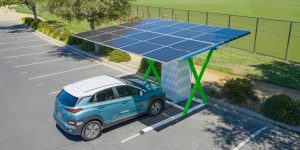
Today. the average charging station has less than four plugs and is often found in remote locations.
Anyone who’s owned or rented a battery-electric vehicle can tell you a similar story: it’s a dreary night and the EV is getting low on battery. But the only nearby charging station is out in the middle of nowhere and there’s already a vehicle plugged into its single charger port. Worse, you find that station and the charger is out of order.
Research by J.D. Power and other analysts finds that the lack of a robust public charging network now has become a bigger concern for most motorists considering an EV than range anxiety.
But that could change. There’s been a big jump in the number of public charging stations over the last several years, with thousands more set to open in 2025 and beyond. And Tritium Charging, one of the world’s largest suppliers of public EV charging systems, has introduced new hardware that will help ensure EV owners not only find chargers in working order but stations equipped with enough charger ports to handle their growing traffic. Add the fact that the new technology will let EVs charger faster, as well.
The Buc-ees model

Tritium wants to see charging stations adopt the Buc-ees model with dozens of plugs at each location, instead of gas pumps.
Chances are you’ve seen or heard about Buc-ees, the Texas-based chain that typically features dozens of fuel pumps at its growing network of convenience centers. “That’s the model we’re trying to get to for charging,” said Arcady Sosinov, the CEO of Tritium.
The company, founded in Australia, is just launching its new TRI-FLEX system that will make it easier to set up Buc-ees-sized charging stations. The typical facility today has four or less charging ports, usually limited by the size and cost of the requisite electrical hardware, and even the biggest stations rarely have more than a dozen.
TRI-FLEX will allow up to 32 “dispensers,” each capable of charging two EVs at a time – allowing an operator to set up Buc-ees-sized facilities. The more charger ports available, Tritium said, the less likely a station will be overwhelmed by having too many EVs show up at a given time. And it means that, even if a single dispenser goes down there’s less chance motorists will be left stranded.
“You know you’re never going to wait for a fuel pump,” said Sosinov That’s the model we’re trying to get to for charging.”
How it works
The hardware at a typical charging station starts with the “box” connected to the electrical grid, explained Sosinov. These distribute power to individual dispensers, or chargers, if you prefer. The TRI-FLEX can handle far more chargers. But it can also service small facilities whose operators might want to wait to see how much traffic they’ll get, expanding later as demand grows.
The system offers another benefit, says Sosinov, who joined Tritium five months ago. It can handle significantly more power than most of the chargers currently in place.
Current Tritium chargers can provide up to 400 kilowatts of power but TRI-FLEX jumps to 640 kW. That’s actually well more than any EV now on the road can handle. But that is changing as manufacturers upgrade the electrical architecture in their vehicles. China’s BYD has just introduced new models that can go as high as 1 megawatt. The general rule is the higher the power the faster the charge time. Several EVs now can go from 1
0 to 80% in less than a half-hour. BYD claims its models will come in around 10 minutes.
Higher power levels can also be used for the battery-powered trucks now starting to roll out onto highways around the world.
More EV News
- BMW Teases All-Electric 2026 3-Series
- Rivian, Lucid Score with Solid Q1 Results
- First Drive: 2025 Cadillac Optiq
On the mend
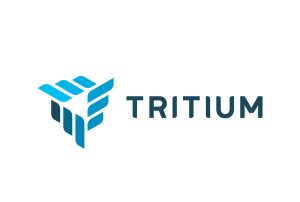 Tritium claims to be one of the world’s largest charging system suppliers, with customers in 47 countries including BP, Shell, Revel, Loop and, in Europe, Ionity.
Tritium claims to be one of the world’s largest charging system suppliers, with customers in 47 countries including BP, Shell, Revel, Loop and, in Europe, Ionity.
But the company nearly got in over its head. Facing bankruptcy, it was acquired in August 2024 by India’s Exicom Tele-systems Limited.
Tritium plans to start delivering the first TRI-FLEX hardware to key customers in June. Sosinov says it will begin providing the gear to other clients starting in September.

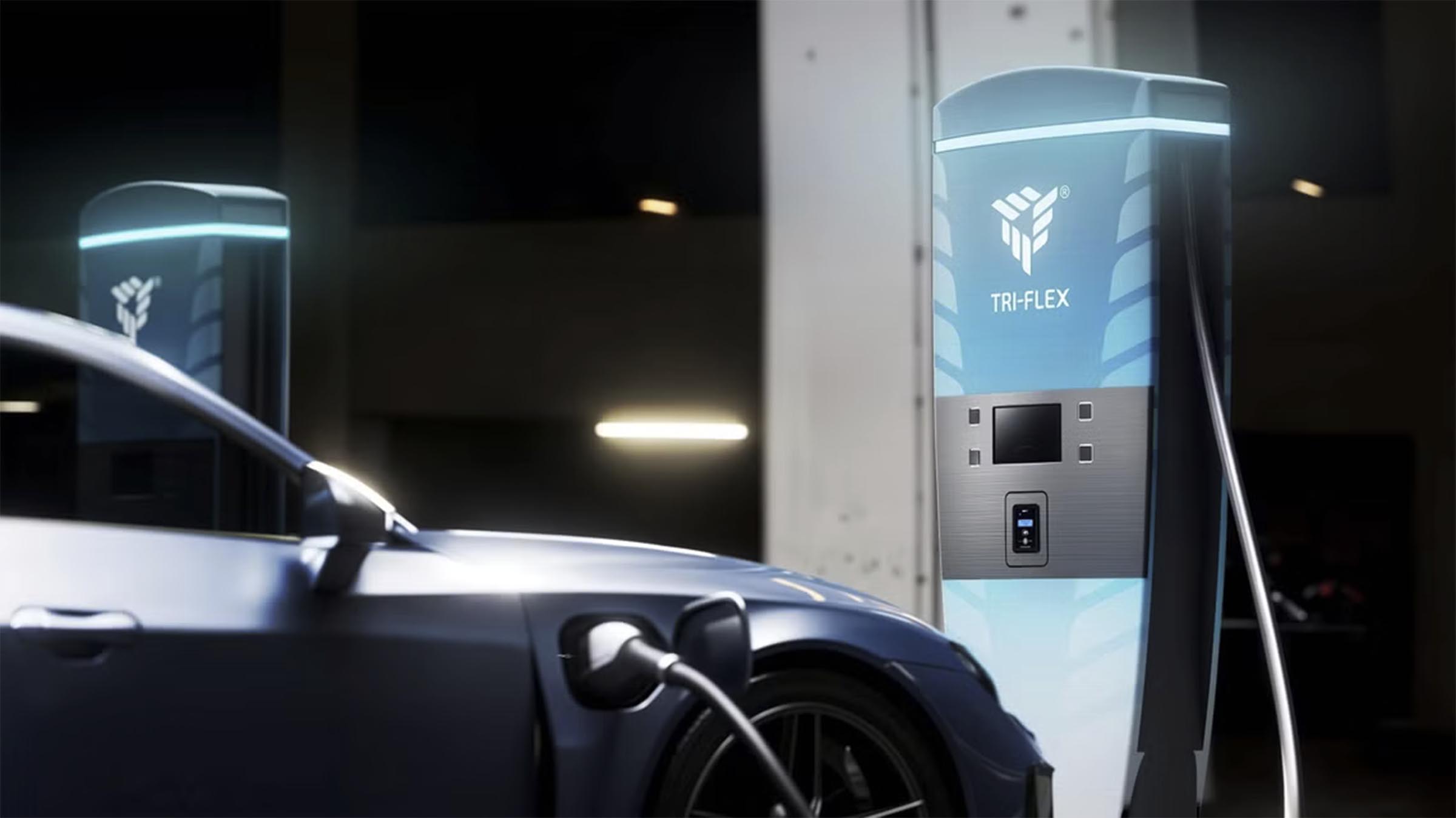
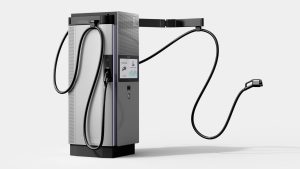
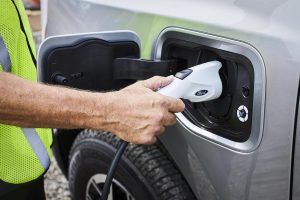
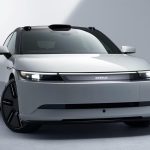
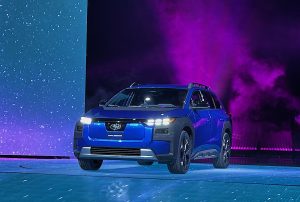
0 Comments